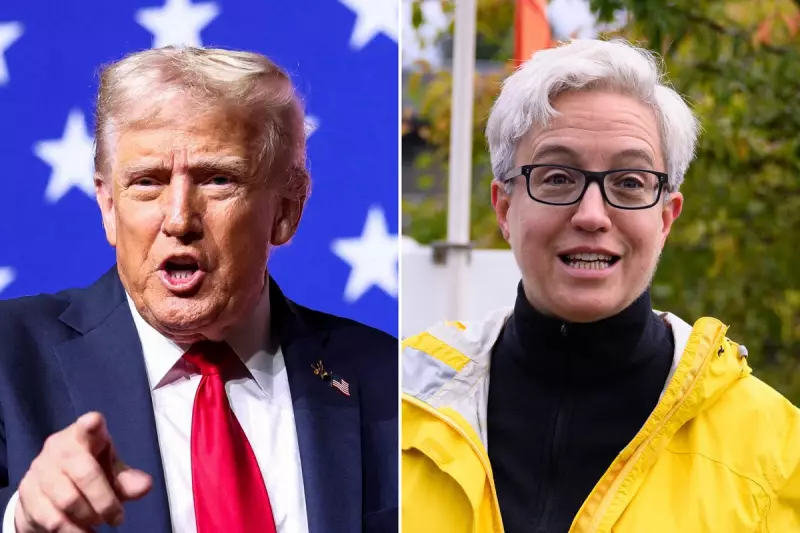
In a stunning revelation that exposes the depths of political tension during America's 2020 civil unrest, former President Donald Trump contemplated an extraordinary move against Portland city officials. According to newly disclosed information, Trump administration officials actively discussed deploying National Guard troops to the Oregon city despite vehement opposition from local leadership.
A Constitutional Clash in the Making
The proposed intervention would have represented one of the most significant federal overrides of local authority in recent American history. Portland Mayor Ted Wheeler had explicitly rejected federal assistance, making any unilateral deployment by the Trump administration a direct challenge to established norms of local governance.
Internal discussions among Trump officials revealed a administration willing to test the boundaries of executive power. The planning occurred during widespread protests against racial injustice that swept across American cities following the killing of George Floyd.
The Portland Protests Context
Portland became an epicentre of sustained demonstrations throughout 2020, with frequent clashes between protesters and federal agents. The city saw months of unrest, particularly around the federal courthouse, which became a flashpoint for confrontations.
What makes this revelation particularly significant is the timing and the explicit rejection of federal help by local authorities. The proposed deployment would have occurred despite Oregon's own governor having already activated National Guard units to support state police efforts.
Broader Implications for Federal-Local Relations
This planned intervention raises fundamental questions about:
- The limits of presidential power over local jurisdictions
- The traditional role of the National Guard in domestic affairs
- The balance between federal assistance and local autonomy
- Constitutional protections against federal overreach
The disclosure adds another layer to understanding the Trump administration's approach to governance and its willingness to challenge conventional boundaries of executive authority during times of civil unrest.






